Kind of books... well I call them Fantasy/Adventure, but others say they are YA Fantasy Adventure. I have other things I would like to write, but I haven't done them yet. Historical Thriller, Horror, Sci-Fi, etc. Working on all of that, but slowly.
When did you first realize you wanted to be a writer?
I think I always wanted to be a writer, but as you know, real life gets in the way of that and you need to find what people call a "real" job. Still, bits of stories have been turning up here and there for years. Someday they might all get told.
What do you consider the most influential book you've ever read?
Most influential book? Tough one that, as there have been several. The Lord of the Rings would be one, most anything by Isaac Asimov, Ender's Game maybe, or A Wizard of Earthsea. I do remember reading "Riddle of Stars" by McKillip and thinking if I could write like that I'd be set. The story doesn't appeal to everyone bu I loved it. Sorry, but there isn't just one book that changed everything for me.
What other authors are you friends with, and how have they helped you become a better writer?
I know several other authors, some published some not. J. Scott Savage, James Dashner, the talented Lisa Mangum who has also been my editor (Lucky me), You of course, some romance writers, my brother Scott, Tyler Whiteside, Chad Morris, Brandon Mull, and others. They have all helped me in different ways. Mostly by sharing their work and ideas with the rest of us. I learn a great deal by reading what other people write. As for learning about being a writer, Lisa Mangum might be the one who has influenced my writing the most, but she has been my editor so I have learned to l listen to what she has to say. Jeff Savage has told me the most about the business of being a writer. All the authors I know, and all those that I have read have helped me become a better writer, and I'd like to say they or you all have been very willing to help in one way or another. Thanks.
What’s the best way you've found to market your books?
Oh Marketing... maybe my worst thing. As my publisher deals mostly with this I've tried to avoid it. Oh, I do try to be available, mostly for readers who post questions and such on my website or Facebook page. Readers who like what you right might be the best marketing tool you can find, and they should never be ignored.
What kind of research do you do, and how long do you spend researching before beginning a book?
Research before writing... I would depend on the kind of book really. Pure Fantasy may need very little, as you make most of it up. You do need to research monsters and such, just so you know what they do or can do and not go too far out of the lines. For something more "Real", a lot more thought and research is needed or what you write will sound fake and the readers won't buy into the story.
Any last thoughts for our readers?
The best bit of writing advice I've ever heard: Write for yourself first. That's it. If you aren't happy with it, why would anyone else be?
Links/promotional things:
https://www.facebook.com/AdventurersWanted/
https://www.facebook.com/ML-Forman-165353446913522/
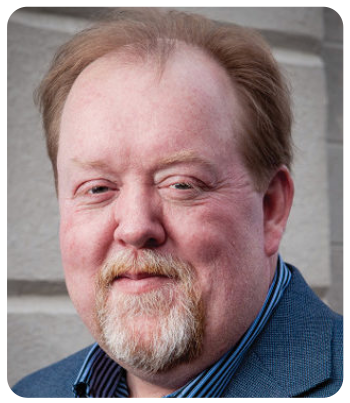
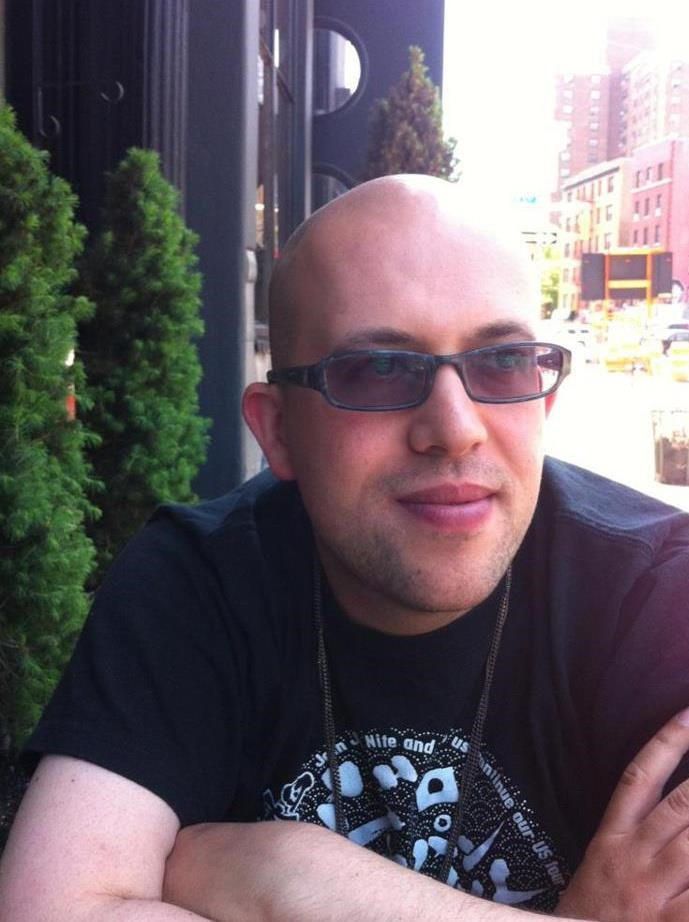
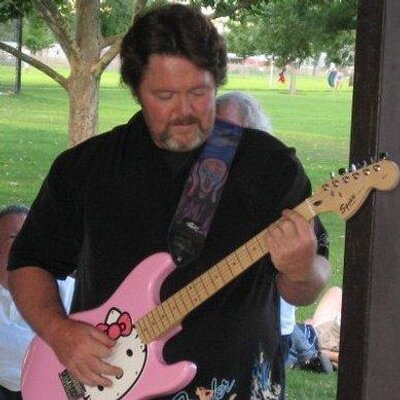
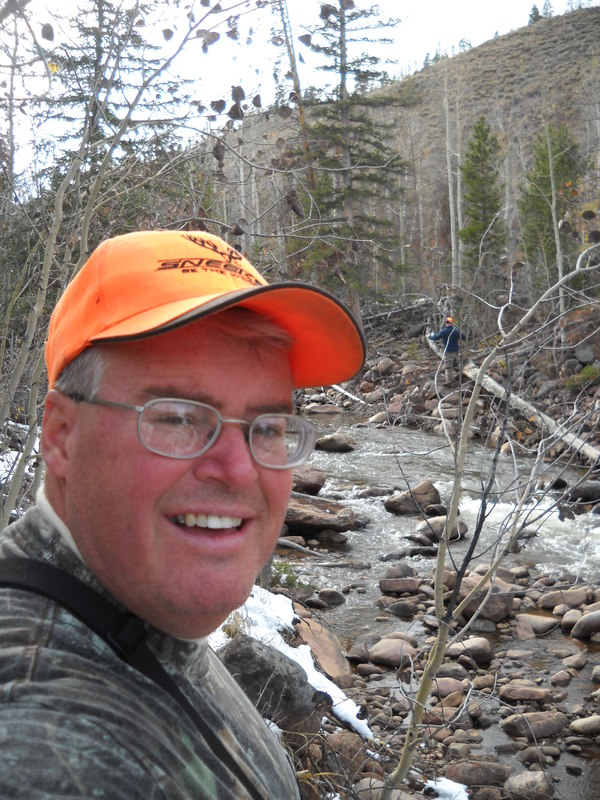
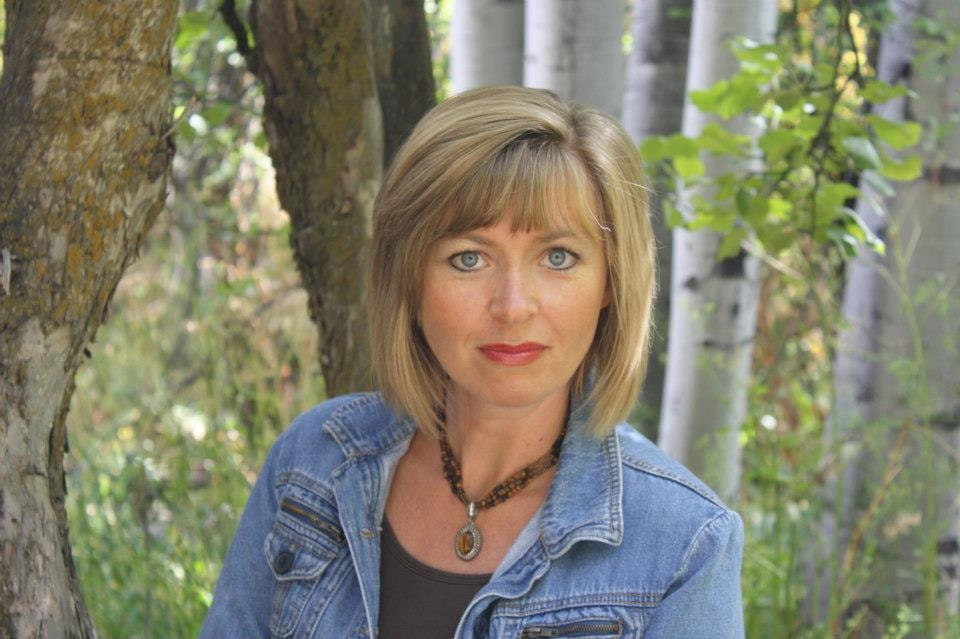
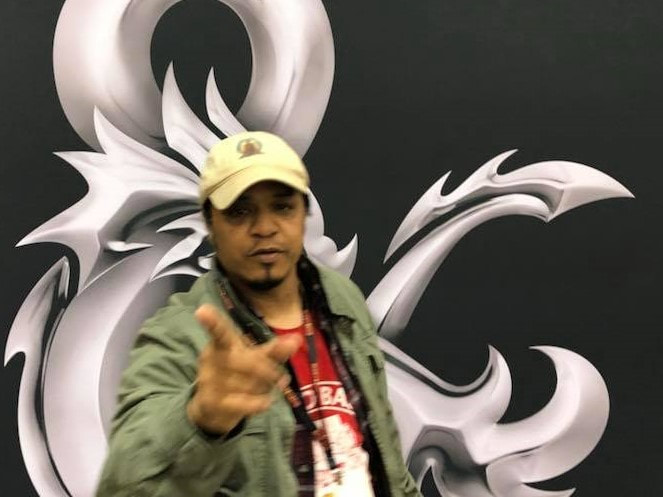
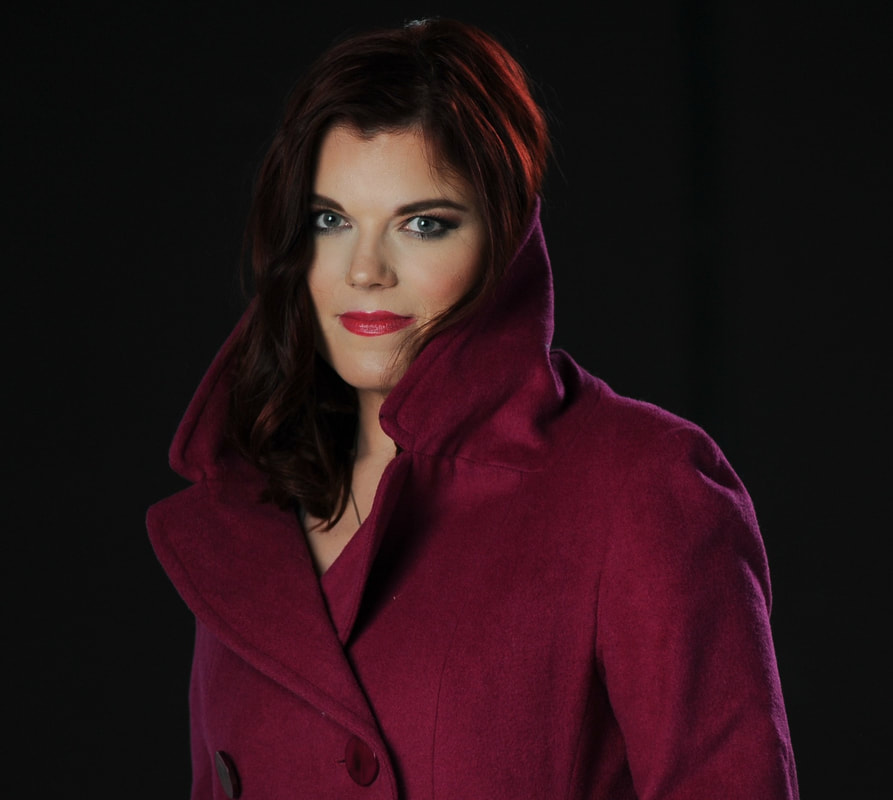
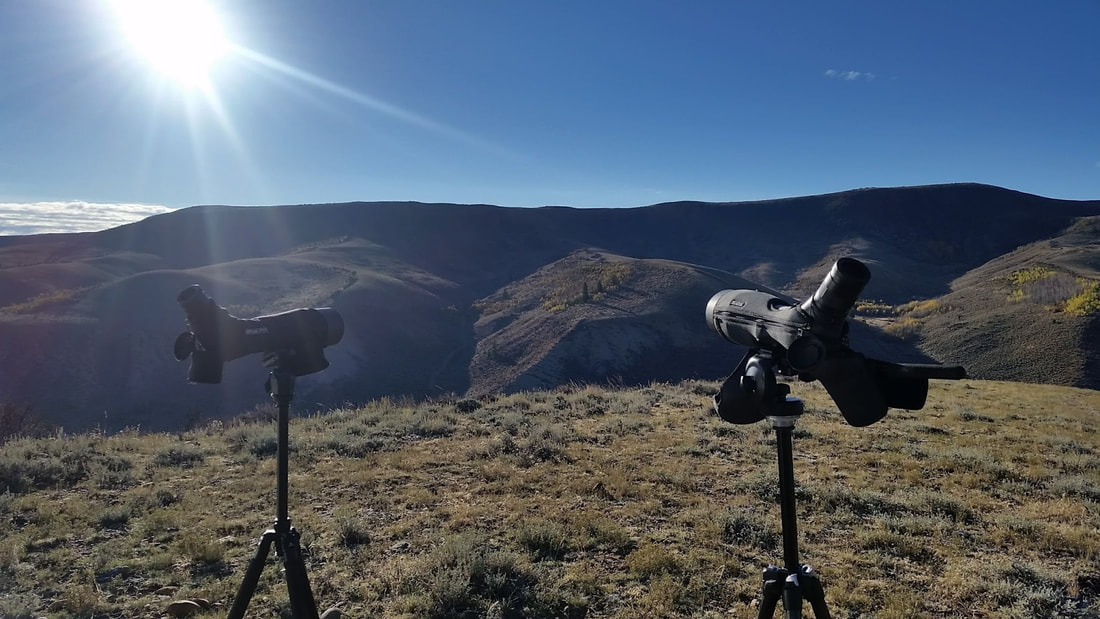
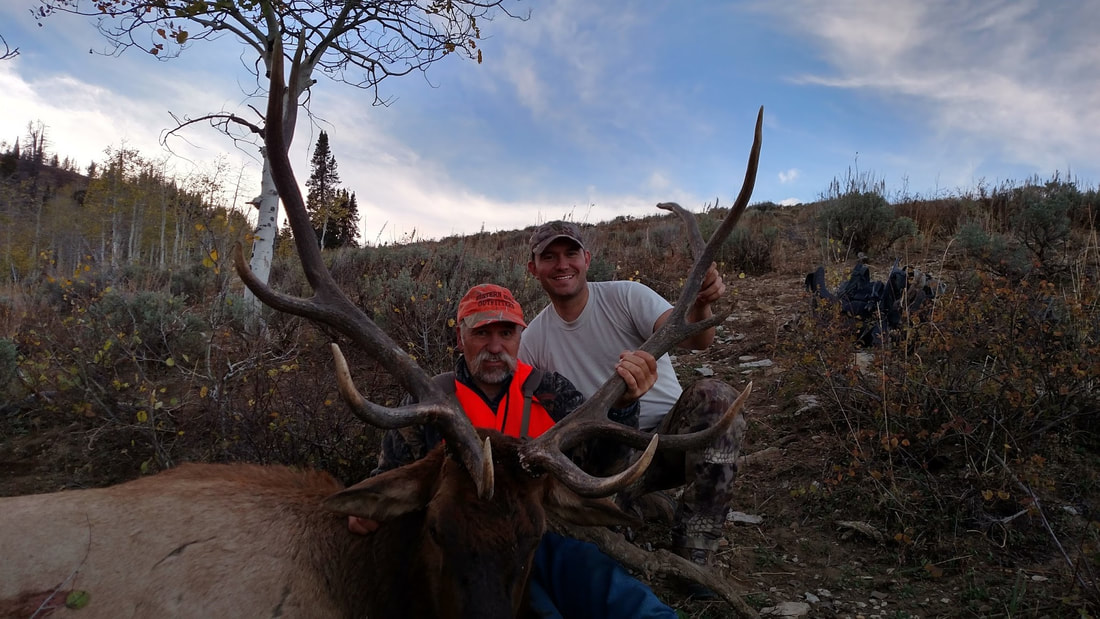
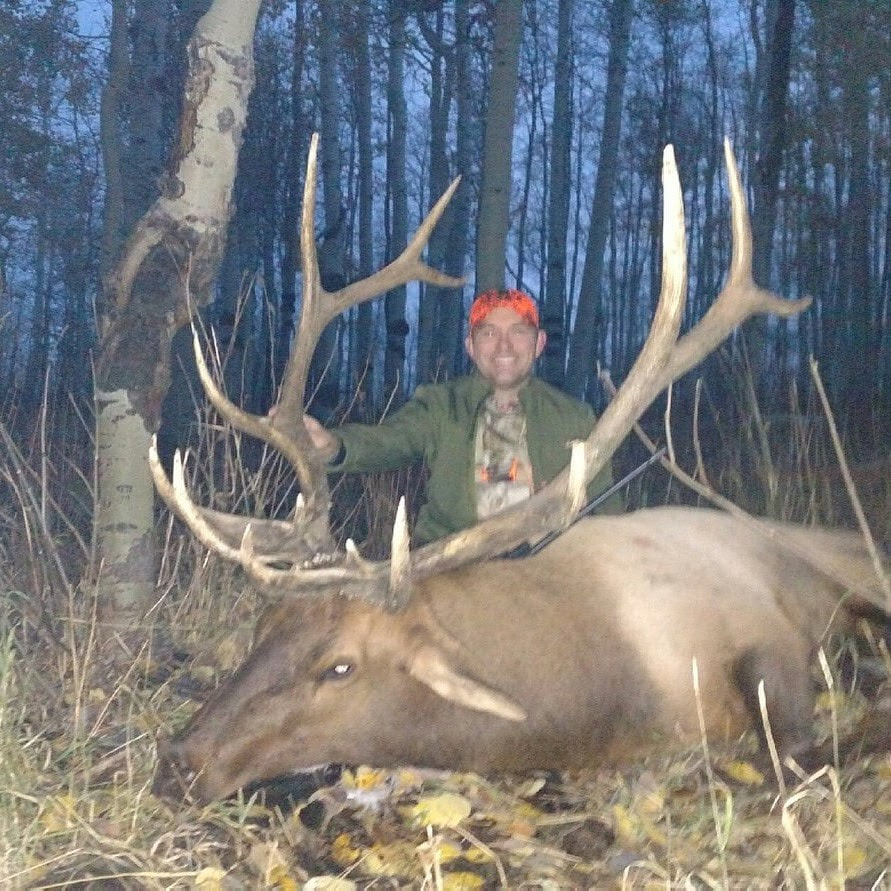
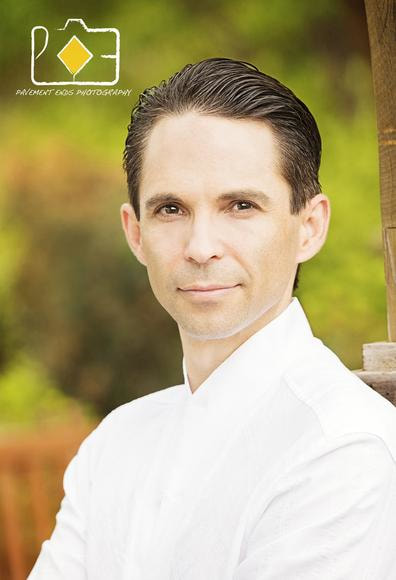
 RSS Feed
RSS Feed